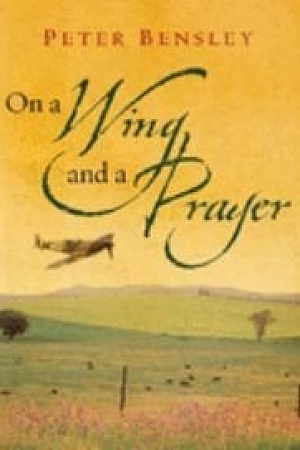A House with Verandahs
Macmillan, $9.95 pb, 143 pp
Clinging to Women
Australia in the thirties – tough, innocent, conservative and patriarchal to the ninth degree. In A House with Verandahs Nene Gare writes about men dispossessed by the Depression and who become working class casualties, unable to grasp the world outside and clinging tenaciously to the world of domesticity and the comfort of women. And, in tum, the women struggle to maintain their world and to support each other through the petty obstinacy of their men. Nene Gare’s novel is drawn from her own childhood – its form is close to the autobiographical fiction of the Canadian writer Alice Munro. It also has similarities to Glen Tomasetti’s Thoroughly Decent People, and to a much earlier Australian classic, Ethel Turner’s Seven Little Australians. All depict the culture of women and the linked culture of children. Like much of the fiction written by women, A House with Verandahs is episodic as it meanders through the intricacies of human relationships. The world outside makes very few impingements even the man’s work as a tradesman is spent in the backyard workshop. The Hounslow family are poor. They recycle everything in their battle to survive. Women’s skills are endlessly on call to save the day-old cast-off adult wear clothes are cut and made into children’s Fruit is bottled and preserved and served up as jams and chutneys. Household repairs are done by the family members usually again by the women or left to languish. The men are so debilitated that all their energy is spent keeping face. Anything extra is a threat to their identity and to their position. Molly Hounslow must continually remind her more rebellious and impatient daughters to be careful of Dad. She says after any crisis: ‘Don’t say anything to your father ... it might worry him. We all knew about not worrying Dad. It made him nervy . . . newspapers also upset him. He said people would get the idea from newspapers that the world was full of criminals.’
Continue reading for only $10 per month. Subscribe and gain full access to Australian Book Review. Already a subscriber? Sign in. If you need assistance, feel free to contact us.











Leave a comment
If you are an ABR subscriber, you will need to sign in to post a comment.
If you have forgotten your sign in details, or if you receive an error message when trying to submit your comment, please email your comment (and the name of the article to which it relates) to ABR Comments. We will review your comment and, subject to approval, we will post it under your name.
Please note that all comments must be approved by ABR and comply with our Terms & Conditions.